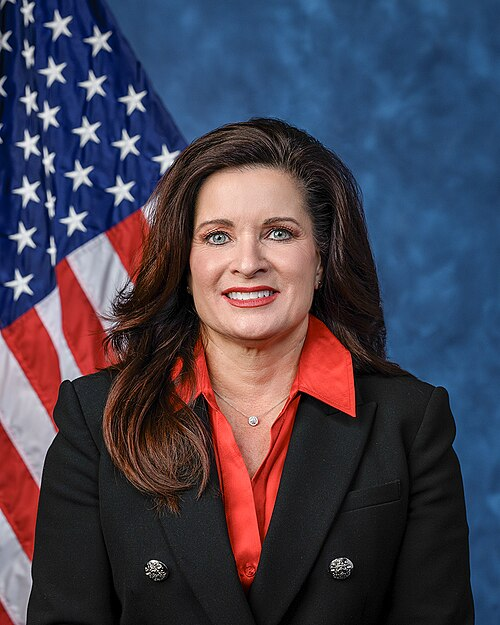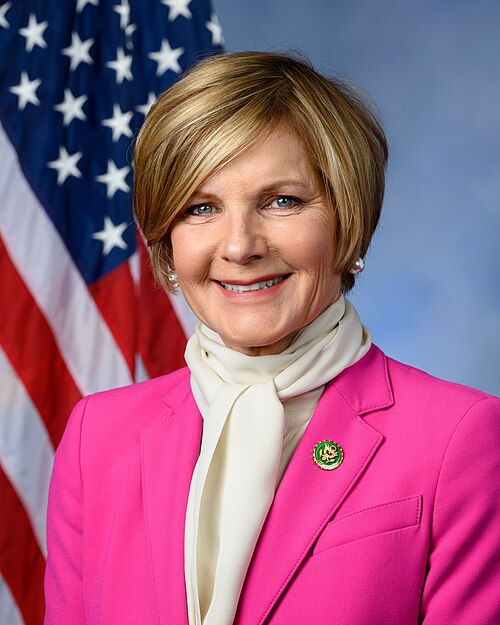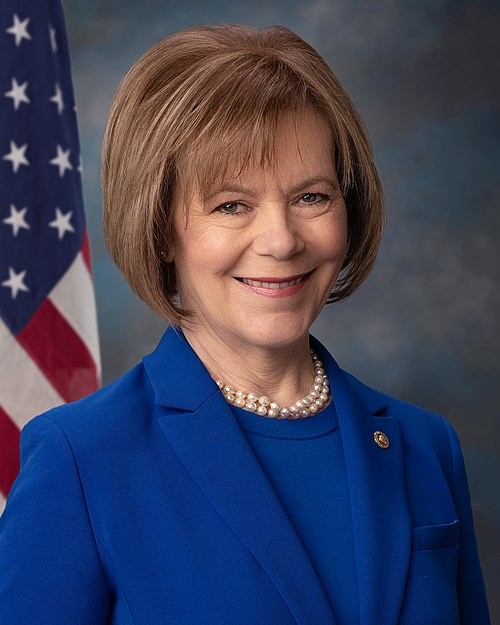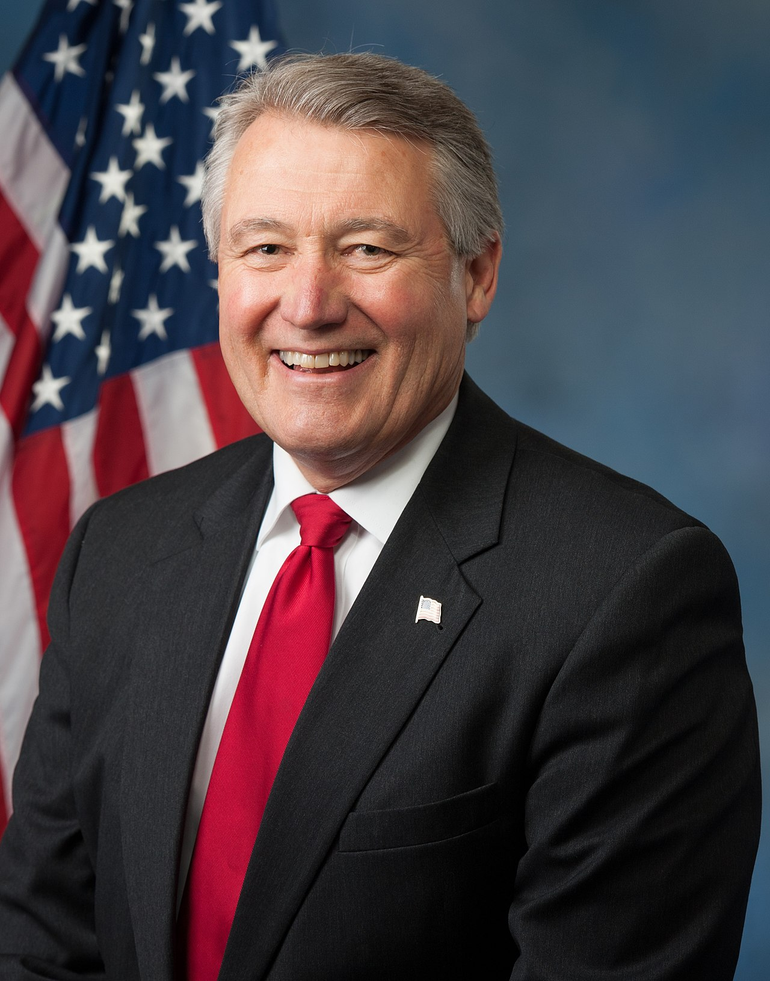H.R. 2511: Sarah Katz Caffeine Safety Act
This bill, known as the "Sarah Katz Caffeine Safety Act," proposes several changes to existing food and dietary supplement regulations related to caffeine. Below is a summary of the key provisions:
Caffeine Labeling Requirements
The bill aims to introduce specific labeling requirements for food and beverages containing caffeine, particularly in restaurants and retail food establishments. These requirements include:
- Standard Menu Items: Chain restaurants (with 20 or more locations offering similar items) must disclose whenever a standard menu item contains added caffeine and has at least 150 milligrams of caffeine. The label must state “High caffeine” or a similar statement near the item's name on the menu and menu boards.
- Temporary Menu Items: For temporary items offered for less than 60 days a year, similar disclosure requirements apply if they contain the same high levels of caffeine.
Additionally, the labeling for any food or dietary supplement containing more than 10 milligrams of caffeine will require:
- The exact amount of caffeine present in the item.
- A distinction of whether the caffeine is naturally occurring or added.
- A statement indicating that healthy adults should not exceed 400 milligrams of caffeine per day.
FDA and NIH Reviews of Caffeine Safety
The bill mandates reviews of caffeine safety by the Food and Drug Administration (FDA) and the National Institutes of Health (NIH):
- The FDA will assess the safety of caffeine and other stimulants in food and supplements, determining whether caffeine is generally recognized as safe for healthy populations. They will report their findings within six months of the bill's enactment.
- The NIH will evaluate caffeine's effects on vulnerable populations such as children, pregnant women, and individuals with certain medical conditions, also providing a report within six months.
Public Education Campaign
The bill calls for a public education initiative focused on:
- The risks associated with excessive caffeine consumption.
- Effects of caffeine on specific vulnerable groups.
- Marketing strategies targeting children and adolescents.
- The safety of other substances like guarana and taurine in caffeinated products.
- Guidelines for the safe consumption of caffeine.
GAO Study on Marketing of Caffeinated Beverages
The Comptroller General of the United States will conduct a study on caffeine marketing practices in restaurants, retail, and online, focusing on:
- Potentially misleading marketing techniques.
- Targeted advertising towards children and teens.
A report detailing the study's findings and potential recommendations is to be submitted within 180 days of the bill's enactment.
Authorization of Funds
The bill authorizes a total of $2 million for the implementation of the FDA and NIH reviews as well as public education campaigns related to caffeine safety.
Relevant Companies
- SBUX (Starbucks Corporation): As a major coffeehouse chain, Starbucks may need to adjust its menu labeling practices to comply with the new requirements, especially for high-caffeine products.
- KO (The Coca-Cola Company): Coca-Cola produces several caffeinated beverages and will likely have to modify product labels to meet the new transparency standards.
- PEP (PepsiCo, Inc.): PepsiCo is involved in producing energy drinks and sodas with caffeine, necessitating compliance with the proposed labeling requirements.
- DRI (Darden Restaurants, Inc.): As a sizable restaurant operator, Darden may need to revise its menu items to ensure compliance with the caffeine labeling rules.
This is an AI-generated summary of the bill text. There may be mistakes.
Sponsors
15 bill sponsors
-
TrackRobert Menendez

Sponsor
-
TrackTroy A. Carter
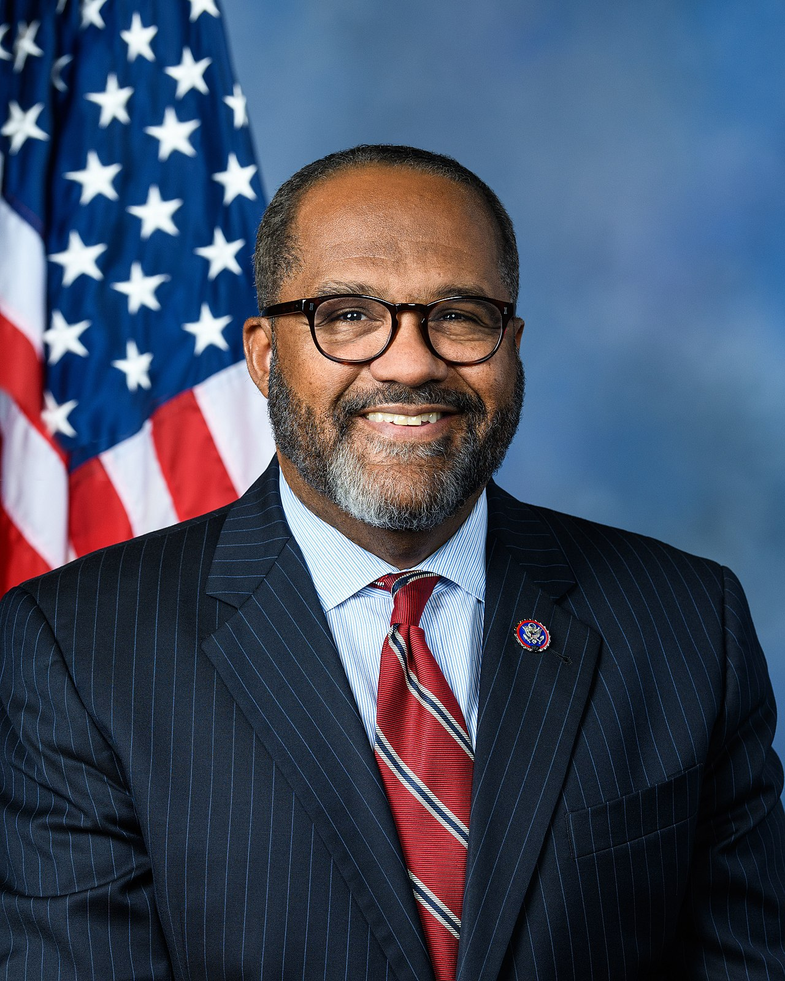
Co-Sponsor
-
TrackChristopher R. Deluzio
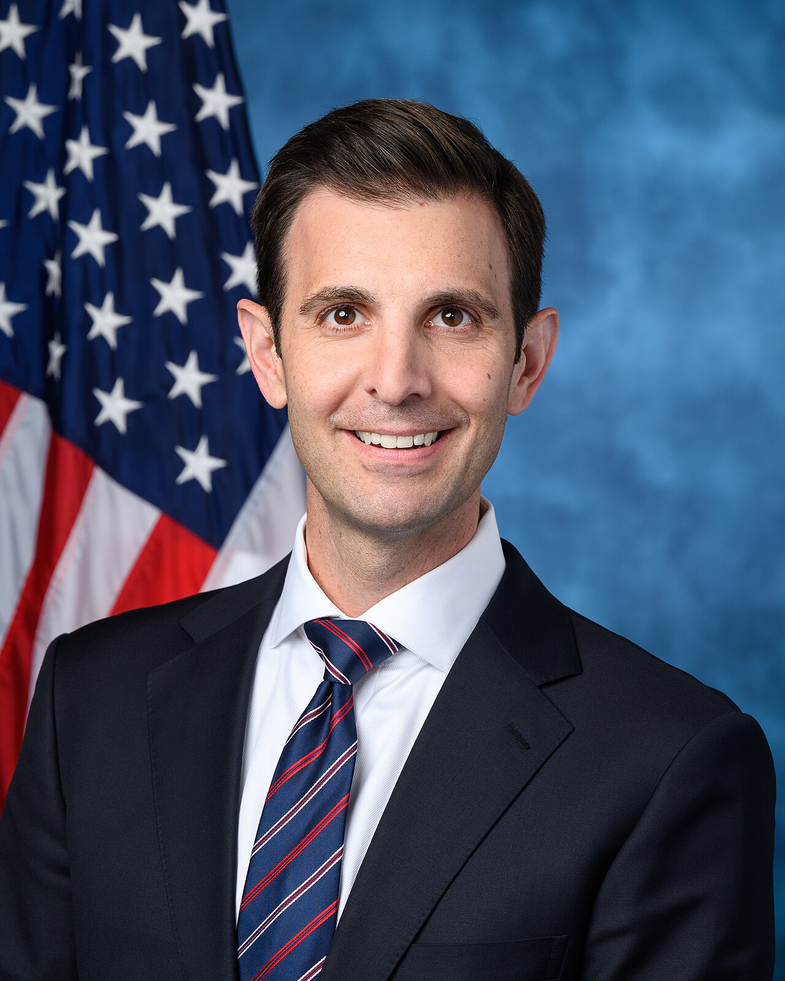
Co-Sponsor
-
TrackDaniel S. Goldman
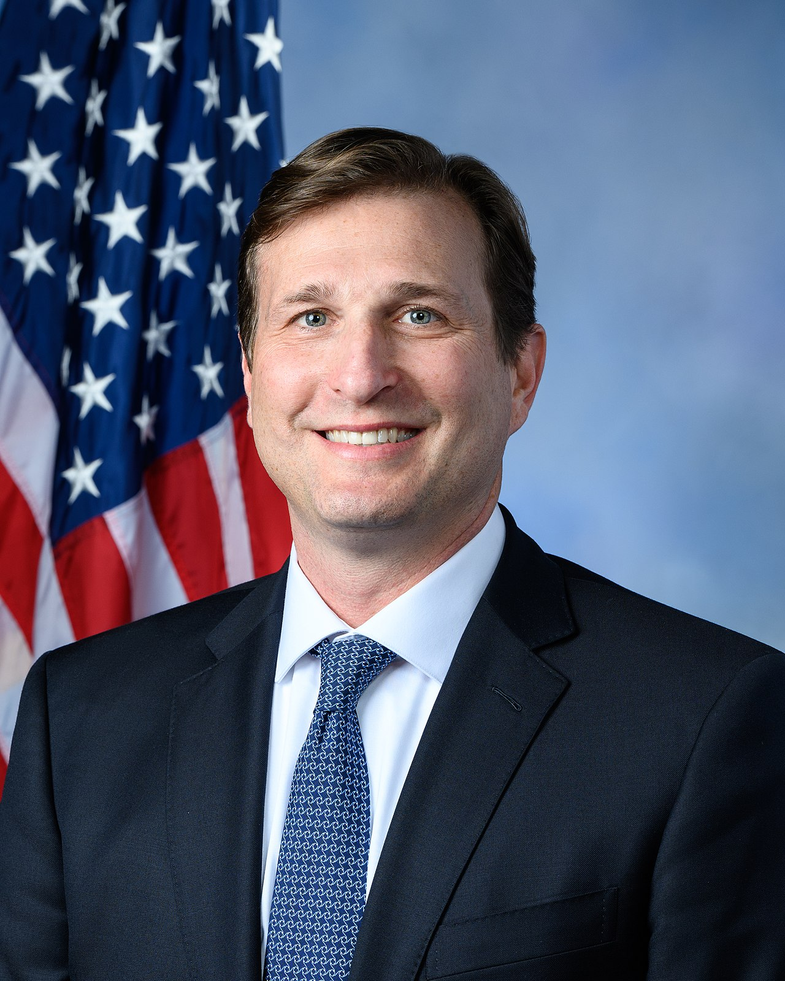
Co-Sponsor
-
TrackTimothy M. Kennedy
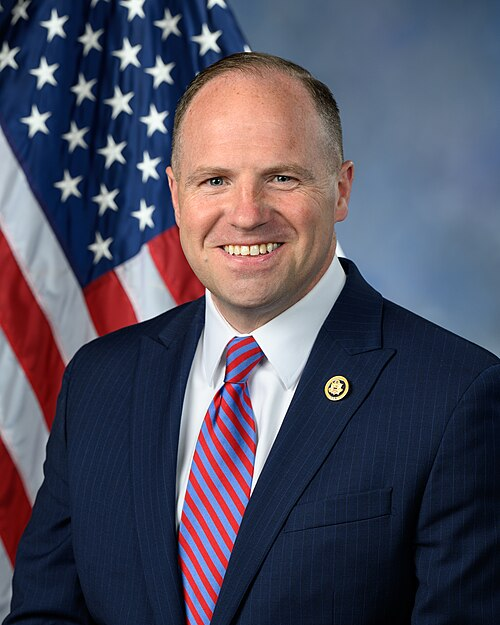
Co-Sponsor
-
TrackLaMonica McIver
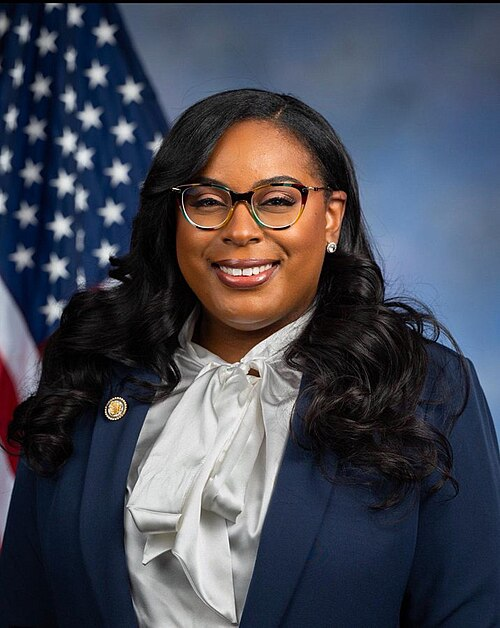
Co-Sponsor
-
TrackEleanor Holmes Norton

Co-Sponsor
-
TrackAndrea Salinas
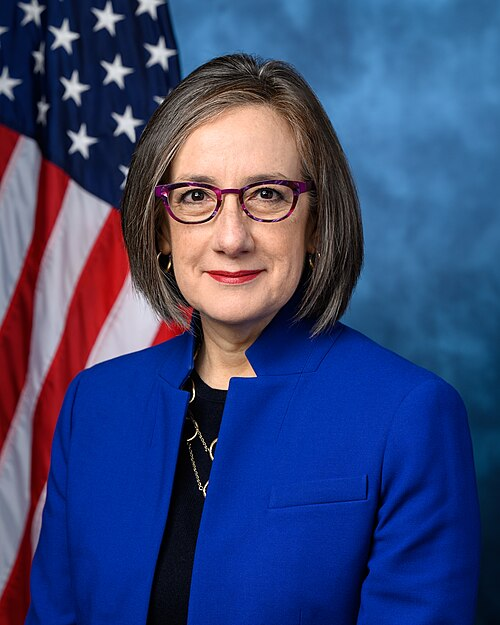
Co-Sponsor
-
TrackKim Schrier
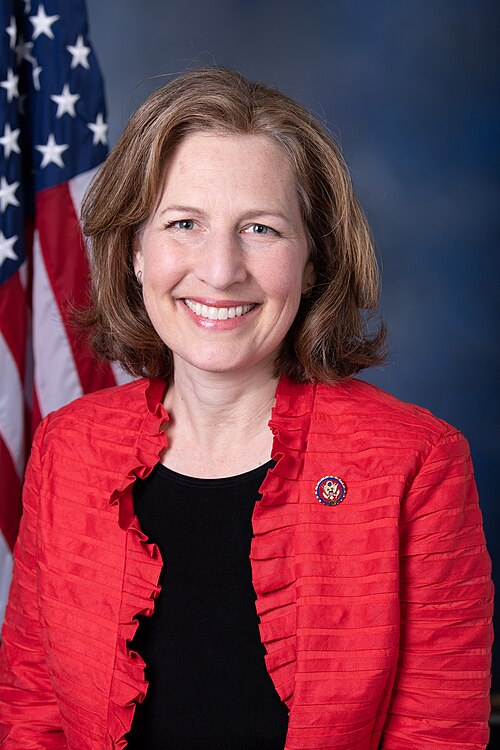
Co-Sponsor
-
TrackBrad Sherman
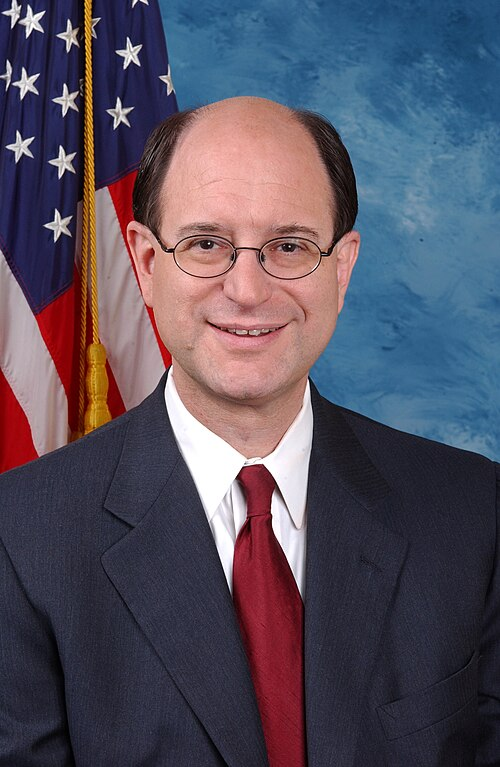
Co-Sponsor
-
TrackChristopher H. Smith
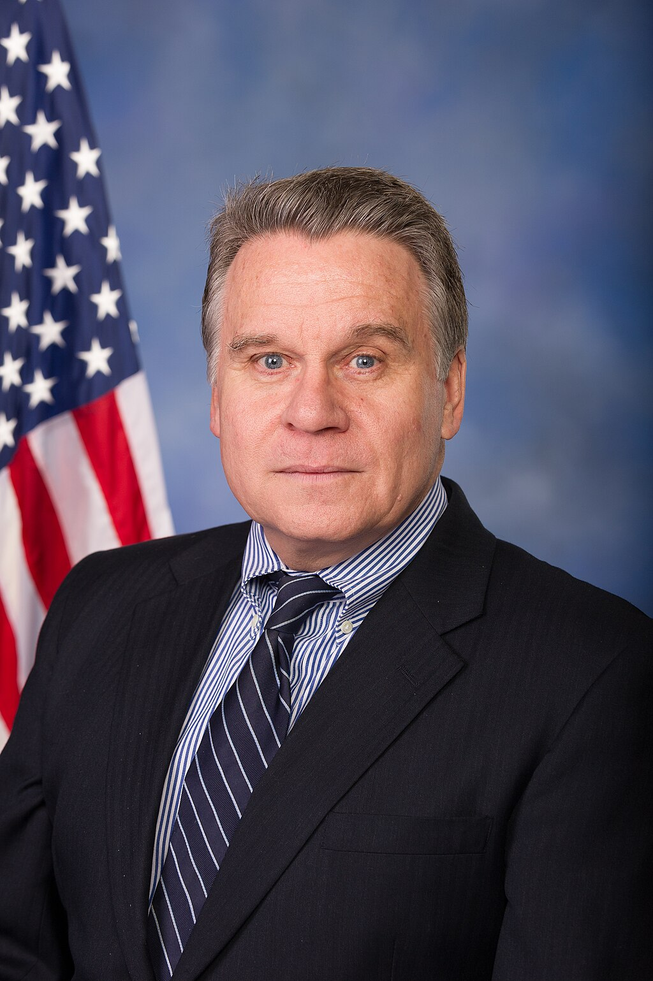
Co-Sponsor
-
TrackRashida Tlaib
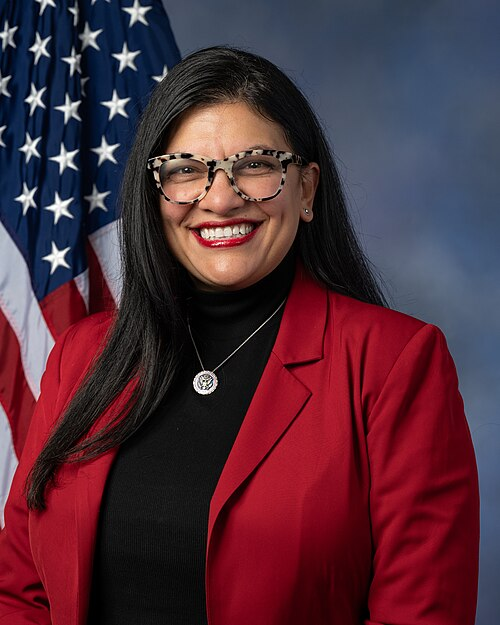
Co-Sponsor
-
TrackLauren Underwood

Co-Sponsor
-
TrackMarc A. Veasey
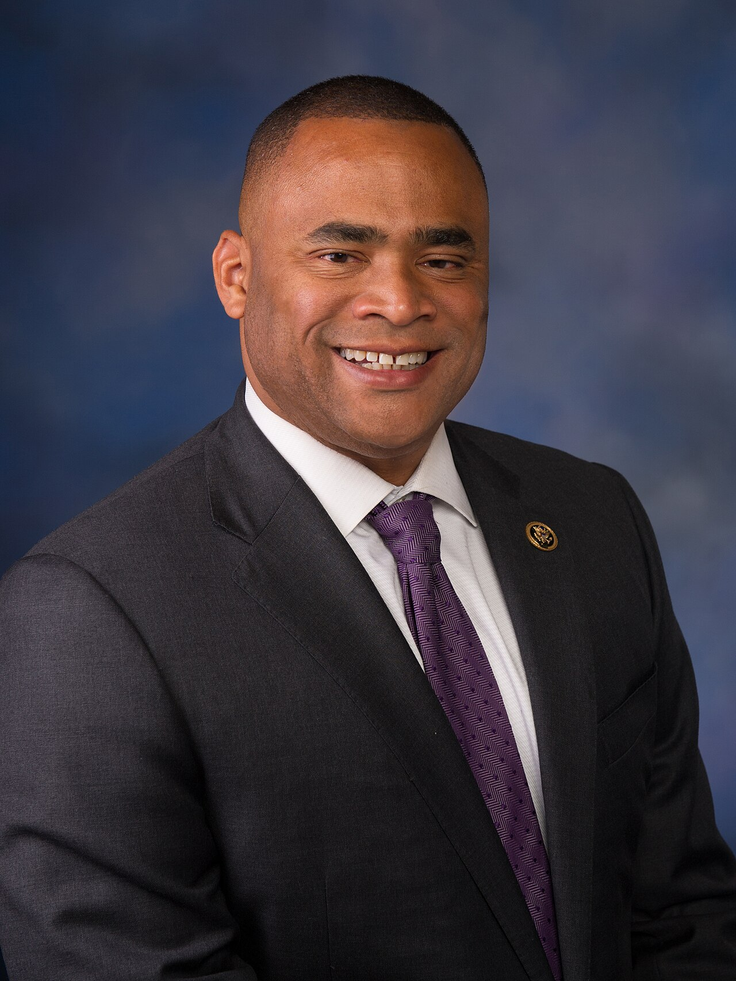
Co-Sponsor
-
TrackBonnie Watson Coleman
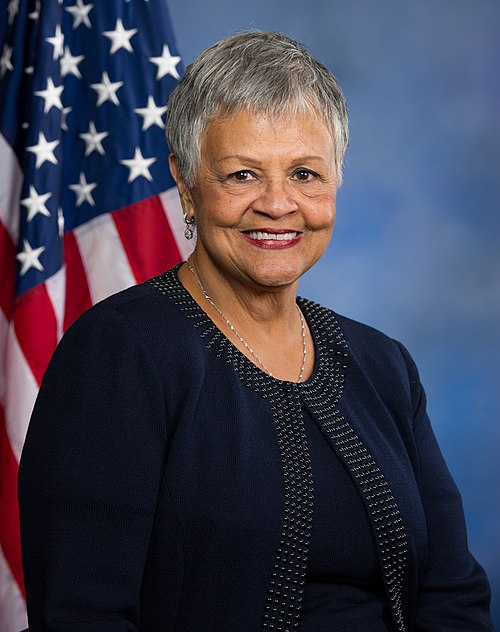
Co-Sponsor
Actions
2 actions
| Date | Action |
|---|---|
| Mar. 31, 2025 | Introduced in House |
| Mar. 31, 2025 | Referred to the House Committee on Energy and Commerce. |
Corporate Lobbying
0 companies lobbying
None found.
* Note that there can be significant delays in lobbying disclosures, and our data may be incomplete.





















